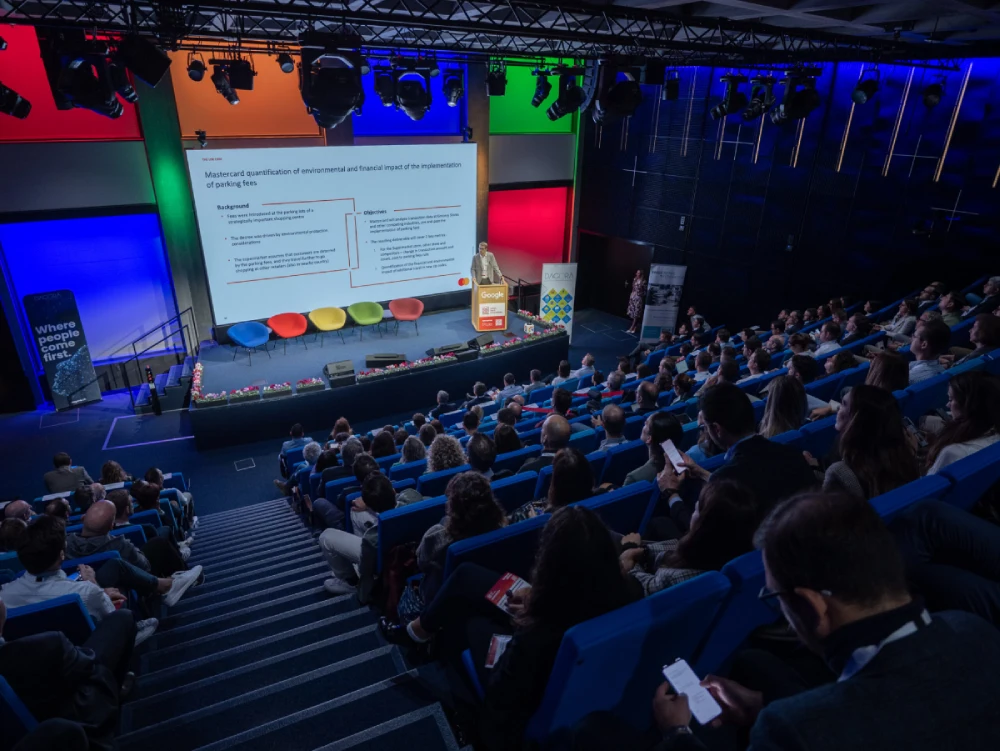
Decision-making is a cornerstone of effective leadership.
However, it is inevitable that some mistakes will be made sooner or later.
While errors can be costly, they also provide valuable insights.
Leaders who pause to reflect on their past decisions can identify patterns, avoid repeating mistakes, and build stronger processes for the future.
Mistakes, especially in high-stakes situations, can consume valuable time and resources.
Repeating the same actions without reevaluating the process often leads to similar failures.
As the saying goes, “The definition of insanity is doing the same thing over and over and expecting different results.”
Breaking this cycle requires a conscious effort to analyze past decisions and understand what went wrong.
In order to achieve this, the following framework for reflection can be a useful tool:
- Clearly define the problem
Effective decision-making begins with identifying the real issue at hand. Leaders often skip this step, focusing instead on desired outcomes. By stepping back to consider the broader context, it’s possible to redefine the problem and set a stronger foundation for a solution.
- Acknowledge stressors and biases
Decision-making under stress can amplify cognitive biases and lead to habitual thinking. Recognizing what makes a decision stressful can help uncover underlying assumptions and allow for a more thoughtful approach.
- Learn from previous decisions
Reflection on past mistakes is crucial for growth. Identify one or two previous decisions and examine what went wrong and why. This exercise can reveal overlooked details and gaps in processes.
- Extract lessons and adjust
With hindsight, consider the assumptions and biases that influenced earlier decisions. This step helps identify actionable changes that can improve future outcomes.
- Apply insights to current challenges
Once patterns and lessons are identified, use them to create a more robust decision-making process. This could involve improving vetting procedures, adjusting evaluation criteria, or refining communication practices.
To see results, these principles must be implemented consistently.
For example, a nonprofit leader refined their hiring process by expanding the candidate pool and incorporating more thorough evaluations, leading to a successful hire after two previous setbacks.
This approach demonstrated the value of learning from the past to build a stronger future.
Mistakes are not just failures; they are opportunities to grow.
By pausing to reflect, leaders can uncover the insights hidden in their past decisions and use them to build better processes and achieve more effective outcomes.
True progress requires a willingness to slow down, examine the past, and embrace change.
By doing so, leaders can transform setbacks into stepping stones toward success.
Join Dagorà today at https://dagora.ch/contacts/
